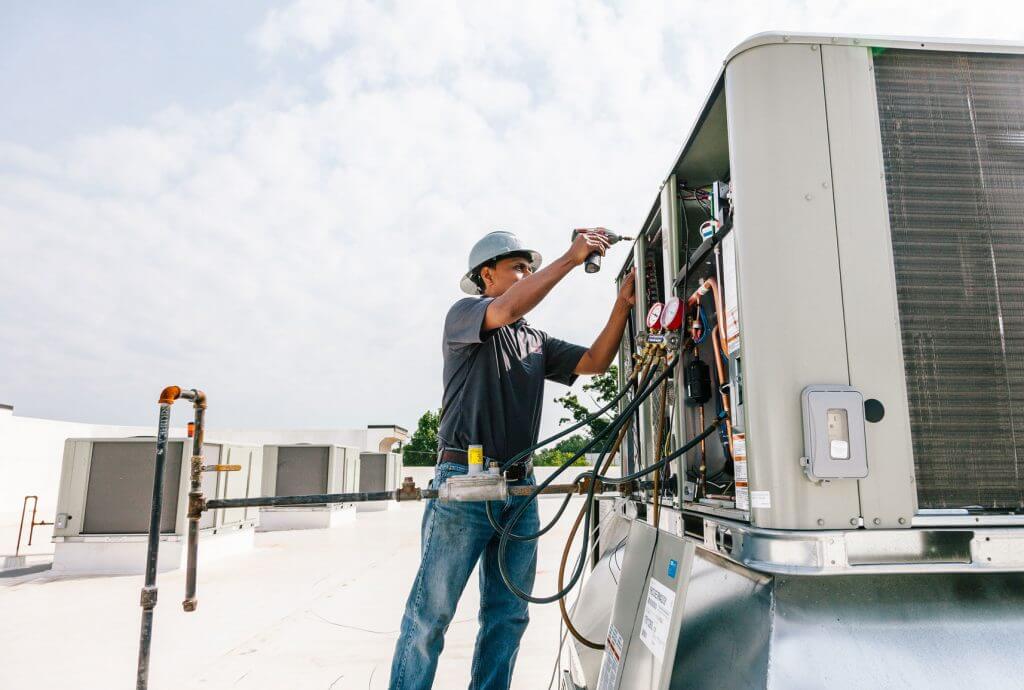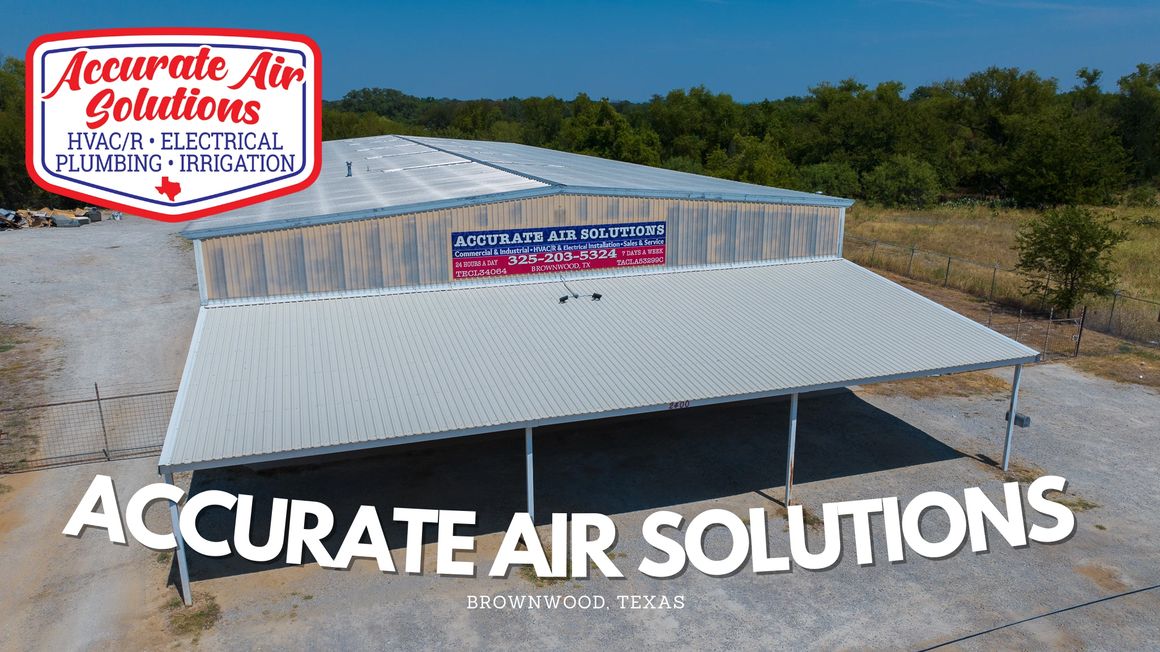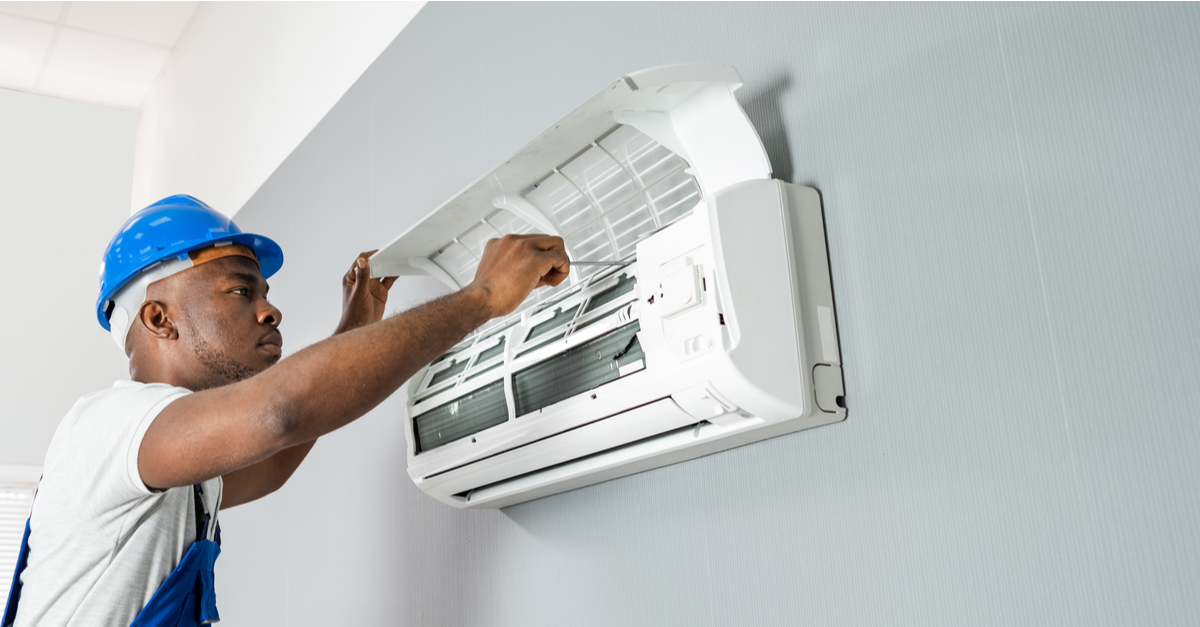Understanding HVAC: A Comprehensive Guide to Heating, Air Flow, and Air Conditioning Services
In today's rapidly advancing world, a basic understanding of a/c systems is no more a luxury yet a need for making certain ideal interior atmospheres. This overview offers a thorough exploration of home heating, air flow, and air conditioning services, debunking the intricate interplay of components that govern convenience and effectiveness. As we navigate via the complexities of selecting the appropriate system and preserving it for peak efficiency, one begins to realize the extensive influence these systems have on power consumption and sustainability. What typical risks could be weakening your cooling and heating system's potential without your understanding?
Essentials of Cooling And Heating Systems
Home Heating, Air Flow, and Cooling (HEATING AND COOLING) systems are crucial components in modern architecture, constantly ensuring ideal interior air top quality and thermal comfort. These systems are indispensable to maintaining the health and wellness, performance, and wellness of owners in domestic, commercial, and industrial settings. At their core, cooling and heating systems are designed to manage the temperature, moisture, and sanitation of air, producing a comfy environment no matter external weather.
The standard parts of an a/c system include home heating devices, air flow ducts, and a/c systems. The heating aspect commonly involves either a heat or a heater pump, which heats air to be flowed throughout the structure. Ventilation, a critical element of the system, involves the exchange of indoor and outside air, controlling and lowering interior toxins dampness levels. This process can be naturally or mechanically assisted in, frequently making use of followers and ductwork to distribute air efficiently.

Picking the Right Cooling And Heating System
Selecting an a/c system entails a careful balance of price, performance, and viability to the particular demands of a structure. The selection procedure starts with an evaluation of the structure's size, design, and planned usage. Bigger structures may call for even more robust systems, while domestic structures may profit from smaller, much more energy-efficient designs. It is essential to consider the climate of the place, as this will certainly affect the sort of system that best keeps comfy interior temperatures throughout the year.
Energy effectiveness ratings, such as SEER (Seasonal Energy Effectiveness Proportion) for ac unit and AFUE (Yearly Gas Use Efficiency) for heaters, are critical elements when assessing possible systems. Higher rankings normally indicate better efficiency and lower operating expenses over time. In addition, potential customers should compare ahead of time expenses with possible long-term financial savings to determine the finest economic choice.
An additional crucial factor to consider is the kind of system-- whether a centralized system, split system, or ductless mini-split is suitable. Each deals distinct advantages and restrictions, depending on installment intricacy and area demands. Appointment with HVAC specialists is recommended to guarantee that the system picked straightens with both the structure's specs and the occupants' convenience choices.
Importance of Routine Upkeep
When the appropriate a/c system is chosen and set up, keeping its efficiency and durability becomes a priority. Regular upkeep is crucial for ensuring that the system runs at peak efficiency, lessening the danger of unforeseen malfunctions. Routine inspections and servicing can identify possible issues before they rise right into pricey repair services or replacements, therefore prolonging the lifespan of the devices.

Additionally, sticking to an upkeep timetable can protect the warranty insurance coverage, as numerous manufacturers call for evidence of regular servicing to recognize service warranty insurance claims. Involving professional heating and cooling technicians for regular maintenance makes certain that all parts are analyzed precisely and changed as required. This positive approach not only safeguards the financial investment in the heating and cooling system however also promotes a much healthier indoor setting for occupants, improving general well-being.
Enhancing Energy Efficiency
To boost energy efficiency in HVAC systems, it is critical to implement methods that decrease power usage while preserving optimum performance. One effective approach is the integration of smart thermostats, which allow precise control over temperature settings my company based on tenancy and time of day. These devices can find out patterns and adjust home heating and cooling timetables appropriately, lowering unneeded power usage.
Another technique entails routine evaluation and cleaning of HVAC elements, such as air filters, coils, and ductwork. Tidy systems run much more effectively, as dirt and particles can block air movement and require the system to work harder, eating even more energy. Making certain appropriate insulation and securing is also crucial, as it stops power loss and reduces the tons on cooling and heating systems.
Additionally, upgrading to energy-efficient equipment, such as variable-speed electric motors and high-efficiency compressors, can considerably cut power intake. These parts change their rate and result to match the details home heating or cooling demand, avoiding energy wastage.
Investing in energy healing ventilation systems can likewise improve efficiency by trading warmth between incoming and outbound air streams, residential hvac repair minimizing the demand for added heating or air conditioning. By embracing these actions, HVAC systems can attain remarkable energy efficiency, bring about reduced operational costs and ecological influence.
Troubleshooting Common Issues
When dealing with HVAC system breakdowns, a structured technique to fixing can successfully determine and resolve typical concerns. The very first step involves inspecting the thermostat setups to ensure they are appropriate and working. Commonly, dead batteries or wrong setups can create the system to behave erratically. Next off, examine the air filters. Dirty or clogged filters limit air flow, decreasing system performance and may result in overheating or freezing.
Inspect the circuit breakers and fuses; tripped breakers or blown integrates can halt system procedures. Furthermore, examine the outside device for any blockages or debris that can impede efficiency. Regular maintenance of these parts can stop many typical troubles.
Listen for uncommon noises, which may suggest mechanical issues such as damaged belts or electric motor problems. Inexplicable rises in energy costs can also indicate underlying inadequacies or leaks in ductwork. Make certain that all vents are unhampered and open to help with optimal air flow.

Professional intervention comes to be required if these steps do not solve the concern, especially for intricate issues like refrigerant leaks or electric mistakes. Routine assessments and maintenance by certified service technicians can preemptively deal with potential issues, guaranteeing the HVAC system runs efficiently and dependably.

Conclusion
In verdict, a detailed understanding of HVAC systems is important for making certain optimum interior convenience and air high quality. Addressing common issues with efficient repairing further ensures the trustworthy procedure of Heating and cooling systems, benefiting both businesses and house owners.
As we navigate via the details of choosing the right system and keeping it for published here peak performance, one starts to realize the extensive impact these systems have on power usage and sustainability.Home Heating, Ventilation, and Air Conditioning (COOLING AND HEATING) systems are critical components in modern-day architecture, constantly making sure ideal interior air quality and thermal comfort (air conditioning contractor in Brownwood TX).Another essential factor to consider is the type of system-- whether a central system, split system, or ductless mini-split is suitable. Clean systems run extra effectively, as dust and particles can obstruct air movement and force the system to function harder, eating even more energy.In verdict, a comprehensive understanding of HVAC systems is vital for making certain optimal interior comfort and air quality